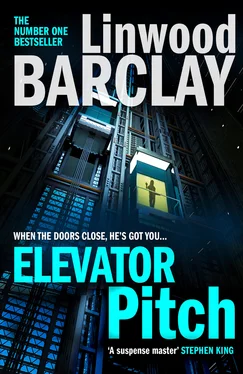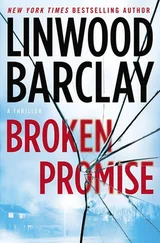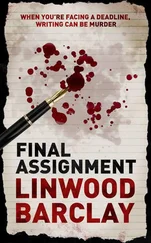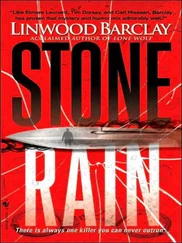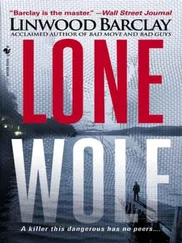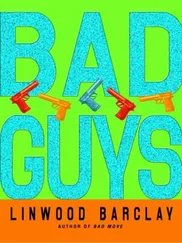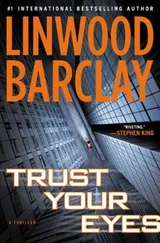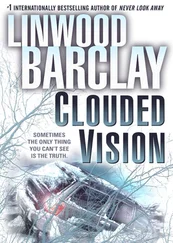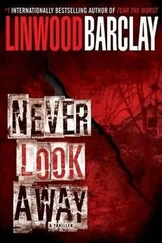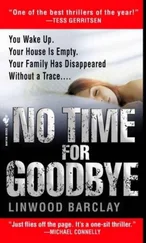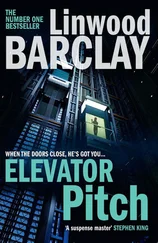1 ...6 7 8 10 11 12 ...17 “Yeah,” said the clerk. “But you’re getting the other one for only fifteen bucks. And we can take five off the forty for the other one.”
While Bourque considered that, the clerk tapped the cover of the more expensive book and said, “I think it officially opens this week. Supposed to be the tallest residential tower in the world, or just the U.S. I’m not sure. Only thing I know is I won’t be going up it. I got a heights thing. I’ve never even been to the top of the Empire State.”
Bourque had reached a decision. “I’ll take both of them.”
“And the socks?”
“Just a question about them. How many places in the city other than you sell these?”
The man shrugged. “I’d guess all kinds. Why? You want us to match a price?”
Bourque shook his head. At this point, he displayed his badge and put it away. “Do you remember a guy coming in here buying a pair like this?”
The clerk blinked. “You kidding? We sell lots of those. And there’s lots of others work the checkout.”
Bourque was not deterred. “Every item in this store has a different UPC number, right?”
The young man shrugged. “Yeah, sure.”
“So then if you enter that UPC number, up will come all the purchases of this particular sock. And if they were paid for with a credit card, you’d know who made the purchase.”
“Maybe, yeah.”
Bourque smiled. “That’s what I’d like you to do for me.”
The clerk grinned. “So let me see if I understand this. You want to find a guy who bought a pair of these socks.”
“Right.”
“If I did sell a pair to your guy, maybe I’d recognize him. You got a picture?”
“No,” the detective said.
“Okay, so, I’d need one of the managers to okay looking through our records, but I’ve already got your email.”
Bourque handed him a card. “That’s got my phone number on it, too.”

“I don’t have a lot of time,” the detective said, dropping into the plastic chair in the small examining room. “I need a new scrip.”
The doctor, a short, round man in his midsixties with a pair of glasses perched atop his forehead, sat at a small desk with a computer in front of him. He lowered the glasses briefly so he could read something on the screen. He tapped at the keyboard, slowly, with two fingers.
“I hate these goddamn computers,” the doctor said. “Whole clinic has changed over to them.”
“So just write me one the old-fashioned way,” Jerry Bourque said. “On a piece of paper, Bert. With your illegible handwriting.”
“That’s not how it works anymore,” Bert said, squinting at the screen. He paused. “Hmm.”
“What, hmm?”
“You’re going through these inhalers pretty fast,” he said.
“Come on, Bert.”
Bert perched the glasses on his forehead again and turned on his stool to face his patient. “Inhalers aren’t the answer.”
“They work,” the detective said.
The doctor nodded wearily. “In the short term. But what you need is to talk—”
“I know what you think I need.”
“There’s no physiological reason for your bouts of shortness of breath. You don’t have, thank God, lung cancer or emphysema. I don’t see any evidence that it’s an allergic reaction to anything. It’s not bronchitis. You’ve identified plainly what brings on the attacks.”
“If there’s nothing physiological, then why do the inhalers work?”
“They open up your air passages regardless of what brings on the symptoms,” Bert said. “Has it been happening more often, or less?”
Bourque paused. “About the same.” Another pause. “I had one this morning. I got called to a scene, and I was okay, but then I had this … flash … I guess you’d call it. And then I started to tighten up.”
“Is it almost always that one memory that brings it on? The drops—”
Bourque raised a hand, signaling he didn’t need his memory refreshed. “That does, for sure. But other moments of stress sometimes trigger it. Or a tense situation brings back the memory, and it happens.” He paused. “There doesn’t always have to be a reason.”
Bert nodded sympathetically. “The department doesn’t have anyone you can talk to?”
“I don’t need to talk to anyone in the department. I have you.”
“I’m not a shrink.”
“I don’t need a shrink.”
“Maybe you do. You either need to talk to someone, or—”
“Or what?”
“I don’t know.” The doctor waved his hands in frustration. “Maybe you’re like Jimmy Stewart in that Hitchcock movie. He gets vertigo after suffering a trauma. It takes another trauma to cure him of it.”
Bourque scanned the walls, looking at the various framed medical degrees.
“What are you looking for?” Bert asked.
“Something from the New York Film Academy. I’m guessing that’s where you got your medical degree.”
Bert ignored the shot. “It’s been eight months. You need to see someone who can bring more to the table than I can.”
“I’m not baring my soul to anyone in the department.”
Bert sighed again. “Maybe the department is the problem.”
Bourque looked at him, waiting for an explanation.
The doctor said, “Maybe you’re in the wrong line of work. Do you actually like what you do?”
Bourque took several seconds to answer. “Sure.”
“That was convincing.”
Bourque looked away. “I’m okay at what I do. It’s not a bad job.”
“I’ve been seeing you since you were in short pants,” Bert said. “I know this was never your first choice.”
“Okay, I couldn’t get accepted into architectural school. I got over it. Dad was a cop. His two brothers were cops. So I went into the family business. It was what they wanted for me, anyway.”
Bert turned back to the computer, fingers poised over the keyboard. But he had a change of thought and swiveled his chair back to face Bourque.
“Have you tried that exercise I gave you, for when things start tightening up, you have trouble bringing in air?”
“Tell me again.”
“When it starts happening, try not to focus on it. Focus on something else. You think, what are five things I see in front of me? What are five sounds I’m hearing? What are the birthdays for people in my family? List the Mets in alphabetical order. The ten most-wanted list. Or here’s a good one for you: New York’s ten most historic buildings. Or most popular with tourists. Tallest, I don’t know. That would seem to be right up your alley.”
Bourque looked at him dubiously. “Seriously?”
“Just try it.”
It was Bourque’s turn to sigh. “If it’s all in my head, it’s not like it can kill me. Right? If I lost my inhaler, it’s not going to get so bad that I can’t breathe at all. It’s not like I’m going to die.”
Bert slowly shook his head, then went back to the keyboard. “I’ll do you one more scrip,” he said.
So far as Barbara knew, Paula Chatsworth had no family in the city. She hailed from Montpelier, had come to NYU to study journalism, and never went back. Barbara got to know Paula three years earlier when she did a summer internship at Manhattan Today . Barbara had seen a lot of herself in the young woman. An eagerness to learn matched by a healthy contempt for authority. And she swore a lot. For some reason, Barbara didn’t expect that from a Vermont girl, but she was pleased. Paula had assured Barbara that Vermont girls could cuss with the best of them.
Manhattan Today didn’t take Paula on permanently, and Barbara lost touch with her. She’d run into her once in the Grand Central Market, getting a taco at Ana Maria. Three minutes of small talk, enough time to learn that Paula had not found a job in her field of study, but was working as a copywriter for a firm that managed a number of websites. “I’m right up by Bloomingdale’s,” she said. “So I don’t have to go far to get rid of my paycheck.”
Читать дальше
